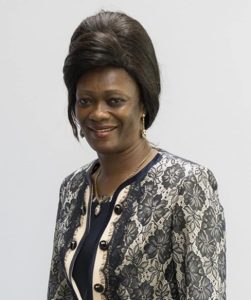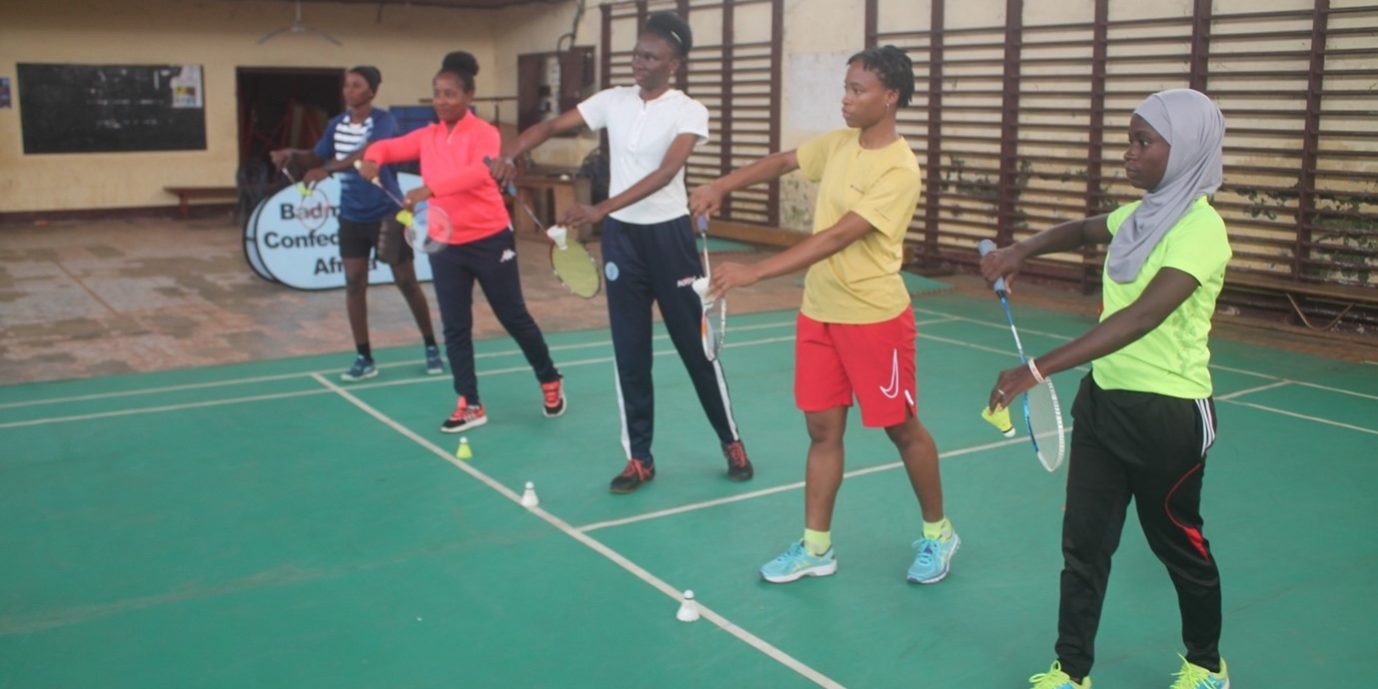From 10 to 17 September 2024, Cameroon hosted the prestigious BWF Level 1 Coaching Course, an initiative aimed at increasing the participation of women in badminton coaching across Africa. This eight-day event brought together 10 selected candidates, including 9 women and 1 man, from various countries. The objective was not only to enhance their coaching skills but also to address the challenges faced by women in sports.
Of the participants, four women hailed from Ivory Coast, Niger, Senegal, and Tunisia, while five women and one man represented the Cameroonian Badminton Federation. This training aimed to integrate more women into the coaching sphere and increase female representation in badminton, a sport traditionally dominated by men.
Empowering Women Through Discussion and Reflection
 A key feature of the training was a dedicated brainstorming session for the women, providing a platform to discuss the barriers they face in their respective countries. This session, led by Mrs. Odette Assembé, President of the Cameroonian Badminton Federation, Member of the IOC and member of the Badminton Confederation Africa Council, allowed each woman to share her personal experiences and challenges in growing badminton, particularly as a woman in sports.
A key feature of the training was a dedicated brainstorming session for the women, providing a platform to discuss the barriers they face in their respective countries. This session, led by Mrs. Odette Assembé, President of the Cameroonian Badminton Federation, Member of the IOC and member of the Badminton Confederation Africa Council, allowed each woman to share her personal experiences and challenges in growing badminton, particularly as a woman in sports.
Also present were the Secretary General of Cameroon Badminton Federation and Mr. Bernadin Bokpè, BCA Development Manager, who both facilitated this enriching discussion. The session was an open exchange, where women discussed their roles, the support they receive, and the difficulties they face in developing badminton in their countries.
Leadership Insights from Mrs. Odette Assembé
 In an exclusive interview with BCA TV, President Odette Assembé reflected on the importance of focusing on women in badminton:
In an exclusive interview with BCA TV, President Odette Assembé reflected on the importance of focusing on women in badminton:
“Organizing training sessions like this one for women is a brilliant idea. It ensures that we are not only producing male coaches, but also creating space for women coaches. Women often bring more passion and determination to what they do, and this is essential for the development of badminton. It’s encouraging to see French-speaking women, who previously felt left out, now taking an active role.”
She went on to explain how men in many countries tend to hold on to their qualifications, but women, by contrast, are more active and eager to make a difference:
“Women will go above and beyond to prove their worth and show that their abilities should be judged based on merit, not gender. This training is vital for many countries to grow the sport.”
President Assembé also emphasized the need to integrate athletes into such trainings, noting how beneficial it is for athletes to understand the foundational principles of coaching:
“It is of vital importance to integrate athletes especially those that are almost in the end of their career. Even if they don’t all succeed as coaches, they leave the training with a deeper understanding and significant improvement in their knowledge of the sport.”

A Platform for Women to Lead
The brainstorming session wasn’t just about sharing challenges but also about fostering solidarity. President Assembé stressed that understanding shared struggles can help women coaches be better prepared:
“When these women realize that even their elders faced similar challenges, it gives them confidence to tackle obstacles they may encounter. It helps them develop strategies to handle stress and difficulties they might face in their careers.”

The BWF Level 1 Coaching Course in Cameroon marks a significant step in promoting gender equality in badminton coaching across Africa. The women who participated are now better equipped to contribute to the sport’s growth, demonstrating that their roles as coaches go beyond technique and they are pioneers, shaping the future of badminton in their countries.







